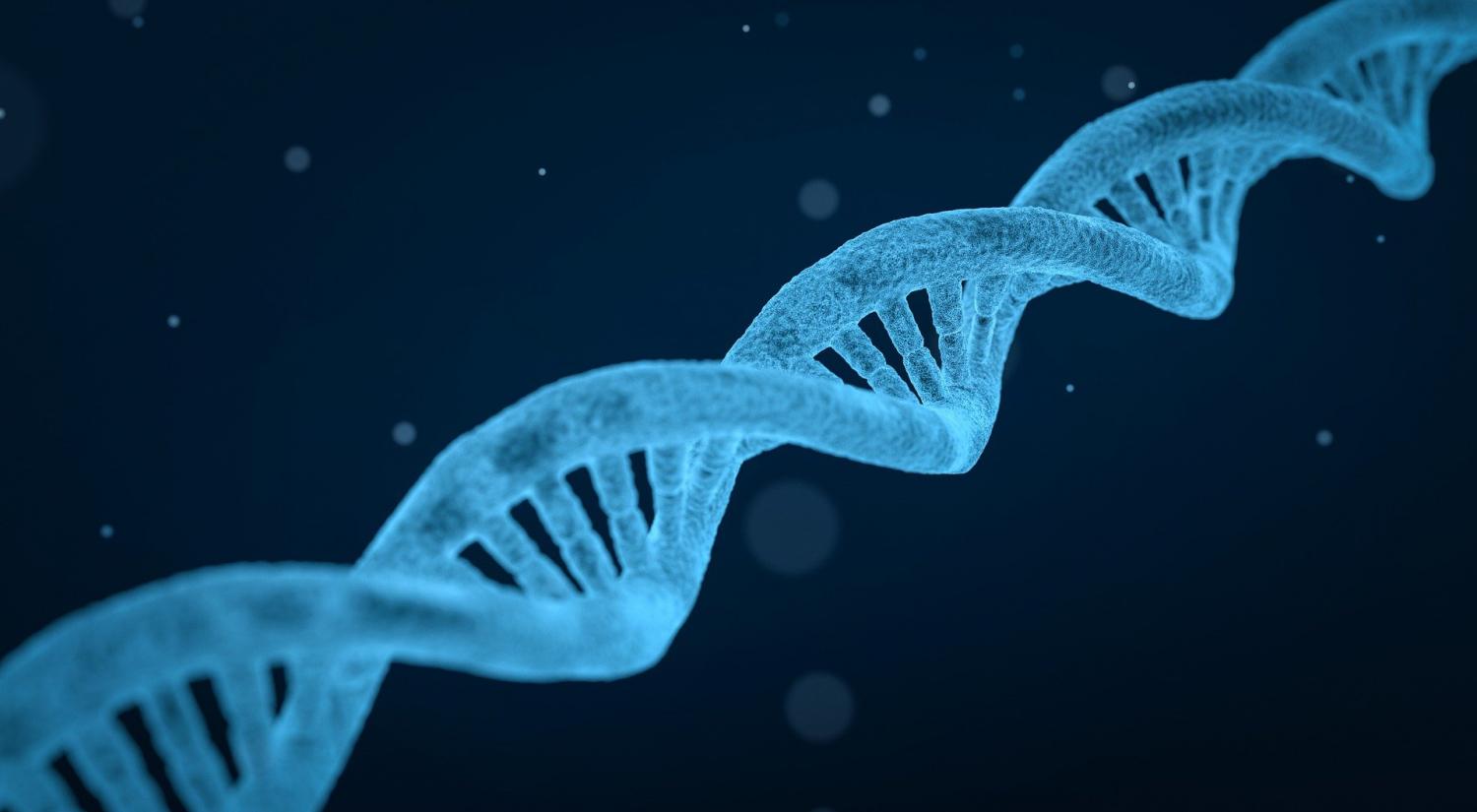Forum Summary: “Unlocking the Mystery of Life”
Author: Ryan Price | Student, Living Education – Charlotte, 2021-22
Estimated Reading Time: 2 min., 34 sec.
Mr. Richard Ames used this week’s LivingEd forum to share Unlocking the Mystery of Life,
an insightful documentary in which scientists showcase the undeniable evidence of intelligent design in nature. Mr. Ames only had time to showcase a portion of the documentary, but encouraged the students to watch the rest when they could.
Irreducible Complexity
Charles Darwin, the most renowned mind behind evolution, said that even complex organs such as eyes and hearts can develop through small, gradual steps through a process called natural selection. But consider the tail-like organ of a bacteria cell, called a flagellum, which bacteria use to move around. Every part of the flagellum—the propeller, driveshaft, and others—must be there for the flagellum to work; but how could all the parts of this organ develop at once? The problem with natural selection, then, is that it only selects features that serve the organism in a functional, advantageous way. Without having fully developed its parts, a flagellum would just be a tail. That would serve no advantage—and, as such, be rejected by natural selection in the evolutionary process of the bacteria. This concept is known as irreducible complexity; the organ cannot be simplified without ceasing to function at all.
Where does information come from?
Another factor is that all these parts are not only essential to a working flagellum, but also must develop at the right time and in the right place. All the information required to build the flagellum is stored in a bacterium’s DNA and RNA; but how did that information come to be there in the first place? Observation tells us that information only comes from intelligence. Consider the improbability of coherent information being constructed by accident. The documentary uses an example of dropping Scrabble letters on a tabletop and expecting two lines of Shakespeare’s Hamlet to form from them. Clearly, this is impossible! Now consider that the specific instructions required to build a single protein in even the simplest one-celled organism would fill hundreds of pages of printed text.
Of course, biologists who are genuinely interested in the origin of life do not believe that life has come about by chance alone; instead, they theorize that natural selection used random variations among chemicals to produce the first life. The problem with this is that, by definition, natural selection could not have operated before the existence of the first living cell. It can only operate on organisms that can replicate themselves—cells that pass on their DNA to future generations.Along with these, the documentary highlighted many more examples to prove that the concept of intelligent design should play a vital part in scientific research. One can’t reasonably deny the evidence for the intelligent design of life, and Unlocking the Mystery of Life powerfully showcases this fact.









 Dane Vandeputte, Flickr, CC-BY-NC-SA 2.0
Dane Vandeputte, Flickr, CC-BY-NC-SA 2.0